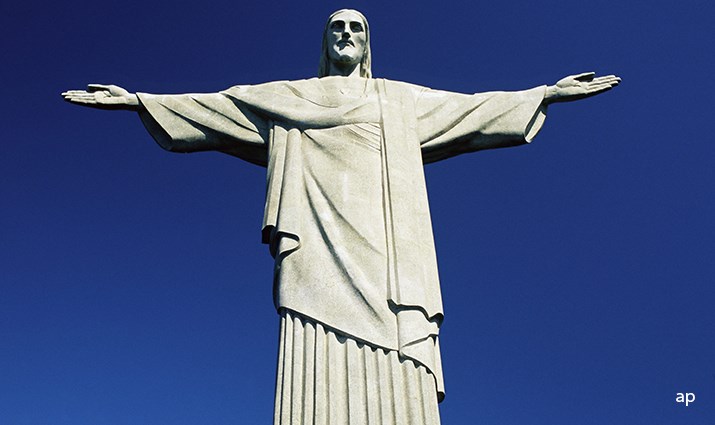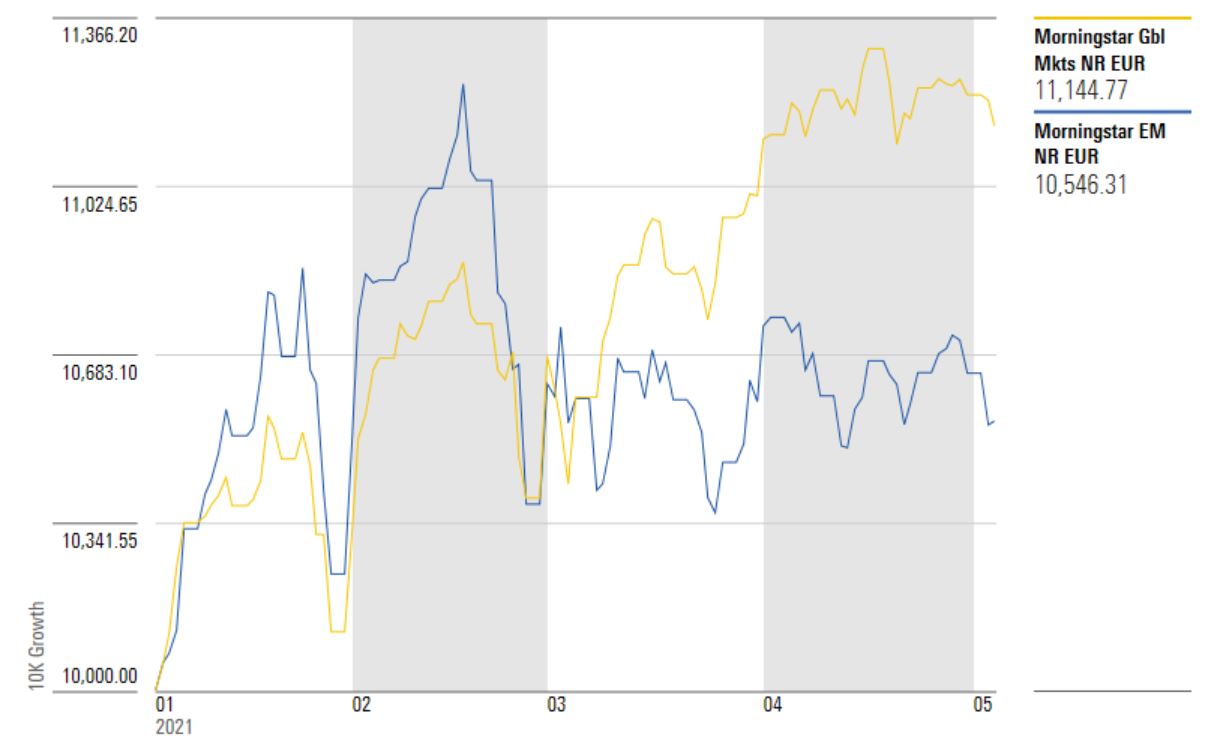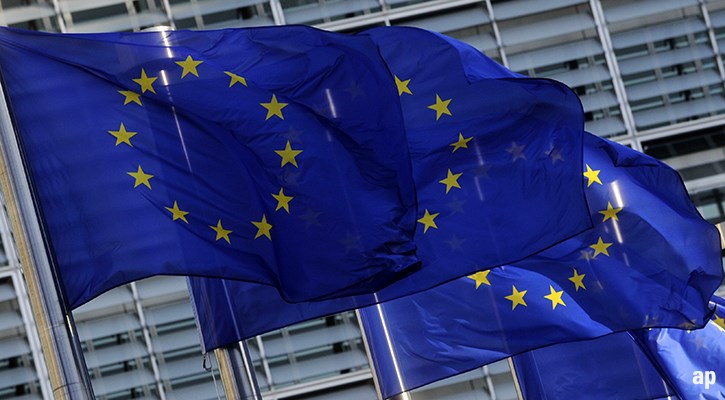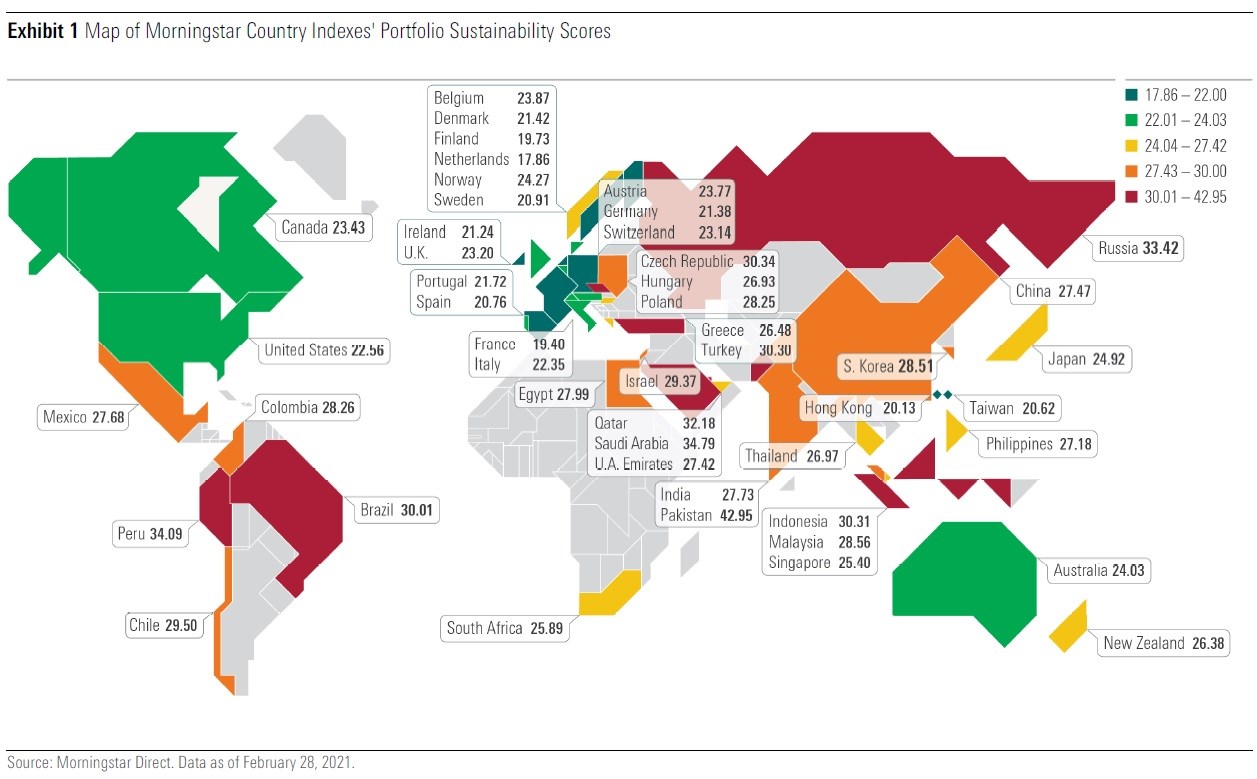
Equities in emerging countries are slowing down after a good run in 2020 and the first part of 2021. But many investors may now be starting to wonder if it still makes sense to focus on an asset that has always been considered useful in terms of diversification but which, even when things go well, carries abundant risks.
The Morningstar Emerging Markets Index in the month to May 6) gained just 0.1%, bringing the year-to-date performance to 4.9% (18.4% in 2020). In four weeks, the Global Markets basket recorded 2.25% (9.7% since January; 16% in 2020).
Morningstar Emerging Markets Index vs Morningstar Global Markets Index YTD

“The road to successful investing in emerging markets is littered with holes and risks being expensive,” says Morningstar manager research analyst Daniel Sotiroff. “The dangers facing investors in these countries are numerous and insidious. The problem is that traditional risk measures do not adequately capture elements ranging from bad corporate governance to political problems.”
Political Risks
The political question, which is often linked to corruption phenomena, should not be underestimated. One of the most notable cases came to light in late 2015, when executives at Brazilian state oil company Petrobras became embroiled in an intricate web of bribes made up of company contractors, executives, and politicians. The scam drained the company's coffers while it lined the pockets of the parties involved.
"The harmful behavior of emerging-markets executives is nothing new," says Sotiroff. “We saw a lot of them in Russia in the late 1990s, when the country was trying to transition toward a capitalist democracy.”
More recently, in the late 2000s, it emerged that the (state-owned) natural gas giant Gazprom had sold off several major natural gas reserves to executives of the same company and some of their family members.
"These two cases show another distinguishing feature of emerging markets," says Sotiroff. “Petrobras and Gazprom are companies that are partially or largely owned by their respective governments--a much more widespread phenomenon in emerging markets than in developed economies. State ownership increases the risk because the interests of politicians are not always in line with those of investors. Companies usually have the goal of maximizing profits for shareholders, while the responsibilities of governments include the security of resources, foreign policy, and social welfare, to name a few. "
Fragile Economies
Another risk of emerging areas is given by national economies that are usually more fragile in these areas than in developed areas such as the United States, Western Europe, and Japan. "This contributes to the volatility of their stock markets and can lead to the closure or even the collapse of entire financial markets," says Sotiroff. According to the analyst, another element to consider is that the geographic composition of the baskets dedicated to emerging markets tends to change more frequently than that of the developed baskets. “And this leads to higher portfolio turnover,” he explains.
In the midst of all this, also consider the high costs of this type of investment that derive from having to do more research on shares that are often not very liquid. "There are also currency issues to consider. In the past we have also seen cases in which local turmoil has forced some emerging markets to close for long periods," says Sotiroff.
Better to leave emerging markets alone, then? “Overall, these risks don't paint a rosy picture, but that doesn't mean investors should avoid developing countries altogether,” the analyst says. "On the contrary, dealing with greater dangers further underlines the importance of diversification when moving into these areas."












:quality(80)/cloudfront-us-east-1.images.arcpublishing.com/morningstar/6BCTH5O2DVGYHBA4UDPCFNXA7M.png)
















